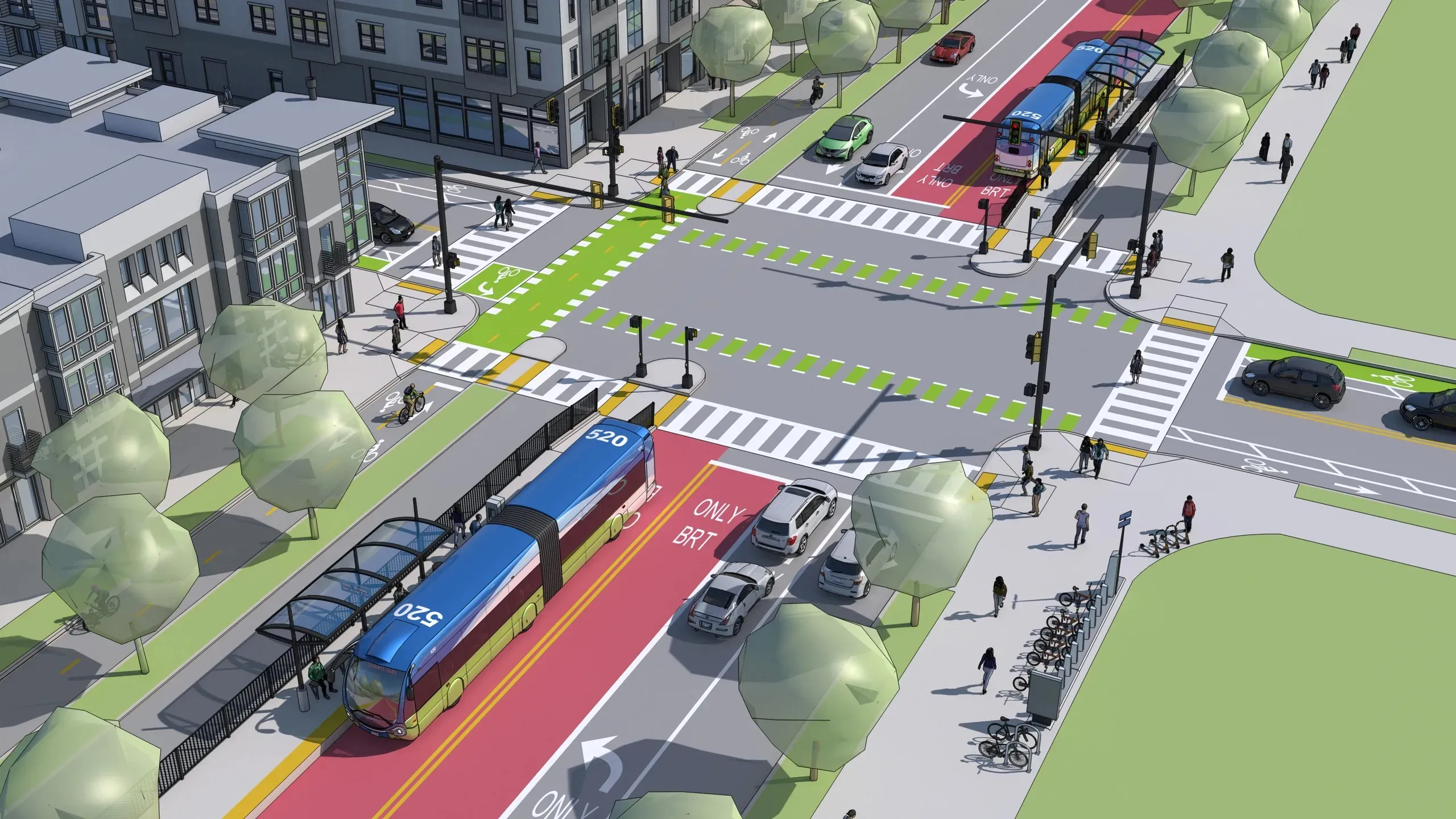The Institute of Advanced Motorists (IAM) has responded to the BBC story this morning suggesting the number of drivers given penalty points for using mobile phones at the wheel fell by 24 per cent last year in England and Wales.
In addition to the BBC’s findings, an earlier study by the Department of Transport showed 1.1 per cent of drivers in England and Scotland were observed holding a phone in their hand with a further 0.5 per cent observed holding the phone to their ear – this is potentially more tha
April 17, 2015
Read time: 2 mins
The 6187 Institute of Advanced Motorists (IAM) has responded to the BBC story this morning suggesting the number of drivers given penalty points for using mobile phones at the wheel fell by 24 per cent last year in England and Wales.
In addition to the BBC’s findings, an earlier study by the Department of Transport showed 1.1 per cent of drivers in England and Scotland were observed holding a phone in their hand with a further 0.5 per cent observed holding the phone to their ear – this is potentially more than 470,000 motorists. This major survey also showed no improvement in those breaking the law since it was last repeated in 2009.
The IAM has long stated the reduction in visible policing meant drivers are flouting the law in larger numbers – and there is no reason to think the trend won’t get worse.
Neil Greig, IAM director of policy and research, said: “If 470,000 motorists are using mobile phones illegally and 72,000 tickets and 99,000 courses are being processed; it is a tiny and disappointing response. More worryingly neither approach seems to be having any effect on the numbers observed breaking the law.
“Most are still getting away with it. Until the fear of being caught increases we will continue to see drivers taking risks holding mobile devices while driving.”
In addition to the BBC’s findings, an earlier study by the Department of Transport showed 1.1 per cent of drivers in England and Scotland were observed holding a phone in their hand with a further 0.5 per cent observed holding the phone to their ear – this is potentially more than 470,000 motorists. This major survey also showed no improvement in those breaking the law since it was last repeated in 2009.
The IAM has long stated the reduction in visible policing meant drivers are flouting the law in larger numbers – and there is no reason to think the trend won’t get worse.
Neil Greig, IAM director of policy and research, said: “If 470,000 motorists are using mobile phones illegally and 72,000 tickets and 99,000 courses are being processed; it is a tiny and disappointing response. More worryingly neither approach seems to be having any effect on the numbers observed breaking the law.
“Most are still getting away with it. Until the fear of being caught increases we will continue to see drivers taking risks holding mobile devices while driving.”










